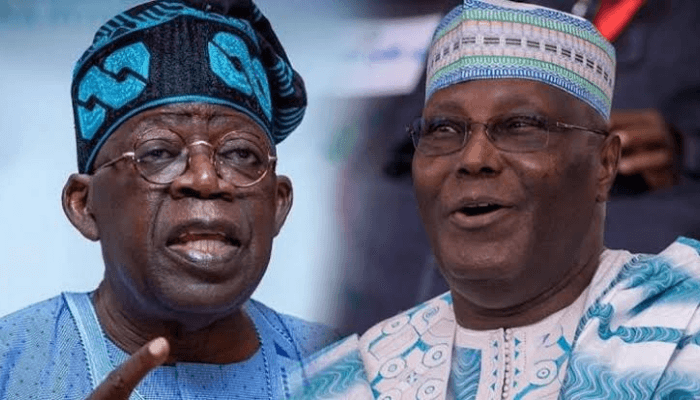
Mkpoikana Udoma
Port Harcourt — Former Vice President Atiku Abubakar has strongly criticized President Bola Tinubu’s 2025 federal budget, warning that it will exacerbate Nigeria’s already dire debt crisis.
The N48 trillion budget, with a projected N13 trillion deficit, continues the administration’s reliance on borrowing to cover the shortfall, a strategy Atiku describes as unsustainable.
Atiku in a statement titled “Assessment of the 2025 Federal Budget: Inadequate to Address Nigeria’s Structural Challenges,” expressed concern over the administration’s plan to borrow over N13 trillion, which includes both direct loans and project-specific borrowings.
He cautioned that this approach would only deepen Nigeria’s growing public debt, which has already led to a significant burden in interest payments and foreign exchange exposure.
“The budget continues the trend of rising public debt and exacerbating the attendant risks related to interest payments and foreign exchange exposure.”
He also criticized the allocation of resources, particularly the imbalance between debt servicing and capital expenditure.
“The government has allocated N15.8 trillion for debt servicing, which is almost equal to the N16 trillion planned for capital expenditure. This imbalance will likely crowd out essential investments and perpetuate a cycle of increasing borrowing and debt accumulation, undermining fiscal stability.”
Atiku pointed to the poor budget execution record from 2024, noting that by Q3, less than 35% of the allocated capital expenditure had been disbursed, despite claims of 85% budget execution.
“This raises concerns about the execution of the 2025 budget.”
He also criticized the government’s unsustainable recurrent expenditure, which consumes N14 trillion (30%) of the total budget, mostly spent on maintaining a large bureaucracy and inefficient public enterprises.
“This allocation is spent on operating an oversized bureaucracy and supporting inefficient public enterprises.”
The former Vice President condemned the increase in VAT from 7.5% to 10%, calling it a regressive measure that would further burden Nigerians already struggling with high inflation and a rising cost of living.
“The increase will impose additional tax burdens on an already struggling populace while failing to address governance inefficiencies.”
Atiku further stressed that the 2025 budget lacks the structural reforms and fiscal discipline necessary to address Nigeria’s long-standing economic issues.
“There is a need for a more disciplined and growth-oriented fiscal policy, prioritizing the reduction of inefficiencies in government operations, tackling contract inflation, and focusing on long-term fiscal sustainability.”



